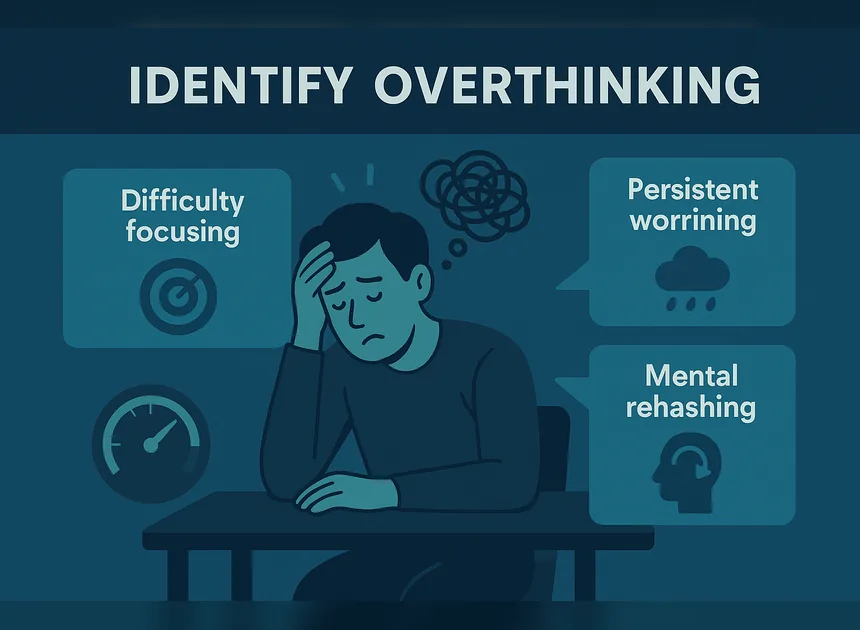Focus + Diffuse Modes: Master Learning with 5-Minute Nap
Want to study smarter, not harder? Learn how focused and diffused thinking work together—and how a 5-minute micro-nap trick can turbocharge your memory, creativity, and energy. Click to discover the science-backed routine used by top learners and even Dr. Magdi Yacoub.
What if a 5-minute nap could unlock your brain’s hidden power to learn faster, think deeper, and remember more — just like geniuses do?
Focused and diffuse thinking are complementary cognitive modes that support learning and creative problem solving. These two modes are often referred to as the two modes of thinking — a balance between intense focus and relaxed creativity that shapes how we learn and solve problems.
Focused mode uses concentrated, effortful practice to build precise skills. Diffuse mode uses relaxed, associative processing to generate novel connections.
The topic is covered in the Learning How to Learn course and was also addressed by Professor Dr. Magdi Yacoub [10], who practices brief restorative pauses to maintain performance. Scholarly research links incubation, spaced practice, and sleep-dependent consolidation to improved retention and insight, which supports the focused and diffuse model
Focused and diffused thinking / modes — simplified
- Focused mode is your brain working sharply on a single problem. You’re deliberate, attentive, using known neural pathways.
Example: Studying a math proof or writing a paragraph—your mind zeroes in on that one thing. [5] - Diffuse mode is when your brain relaxes and connects ideas in the background, helping you see patterns and solve problems creatively.
It happens naturally during rest, walks, or short naps.
Example: You stop working, take a walk or daydream, and suddenly the solution “pops” into mind.
Neuroscience ties diffuse mode to the brain’s default mode network (DMN), active when the mind is at rest or not narrowly focused.[2] Focused mode involves the prefrontal cortex’s control systems.[1]
These two modes align (loosely) with System 2 (deliberate reasoning) and System 1 / associative reasoning, but are more about when and how your brain shifts between narrow focus and broad connection
How to use the 5-minute nap trick
- Begin in focused mode: pick a problem or concept and work on it intensely for 20–30 minutes. [6, 7 ,8]
- When stuck or fatigued, shift into diffuse mode. One method: take a micro-nap (5 minutes). Let mind wander without trying to solve anything. [9] [6]
- Upon waking, reenter focused mode and jot down any new thoughts or patterns that emerged during the nap.
5-Minute Naps: Boost Memory & Study Efficiency with Focused + Diffuse Modes
A brief 5- to 15-minute nap can sharply boost memory consolidation and mental clarity, especially when sandwiched between focused learning sessions. Researchers found that even short naps improve recall, verbal fluency, and problem solving compared to staying awake. [3] By integrating such micro-naps with alternating focused and diffuse modes, students can double down on retention while maintaining fresh attention.
- Salvador Dalí — relaxed in a chair holding a key above a plate; as he drifted toward sleep the key fell, woke him, and he captured the diffuse-mode images before returning to focused work.[5]
- Thomas Edison — dozed holding ball bearings that clattered when dropped; the sound woke him and he recorded ideas formed during the diffuse state.[5]
- Professor Magdi Yacoub says he uses a 5-minute nap to quickly restore energy and focus during demanding days. (Elbalad interview, Podcast "Bidaya").
Resources
- How Pinball Helps Explain Ways We Think and Learn , sciencefriday.com
- Default mode network , wikipedia
- Do post-lunch naps pump up memory and thinking skills? , Harvard Health
- Restorative Effect of Nighttime Naps on Brain Functional Organisation and Memory in Night Shift Nurses , DOI: 10.1111/jsr.70121, PubMed
- Learning How to Learn: Powerful mental tools to help you master tough subjects , coursera
- The effects of napping on cognitive functioning , ScienceDirect
- Study: Napping may be beneficial for your brain – here’s how , ucl.ac.uk
- Short Naps Have Major Benefits for Your Mind , scientificamerican.com
- Influence of mid-afternoon nap duration and sleep parameters on memory encoding, mood, processing speed, and vigilance , academic.oup.com
- مجدي يعقوب يكشف سر طاقته المتجددة: 5 دقائق من النوم تكفي , www.elbalad.news
How we reviewed this article
Sources
Our experts continually monitor the health and wellness space, and we update articles when new information becomes available.
Current Version
October 7, 2025
Written By
Nour Hany
Edited By
KirolosReda
Medically Reviewed By
DR. Rania Elserafy
Leave a comment
Your email address will not be published. Required fields are marked *

